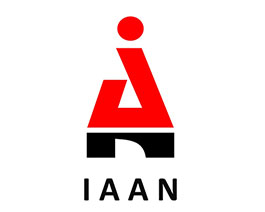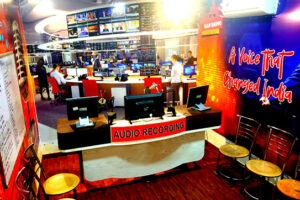
10 Key Factors to Consider When Choosing a Mass Communication College in Delhi
Delhi, the media hub of India, offers numerous options for aspiring journalists and media professionals. With many colleges offering mass communication programs, selecting the right one is crucial for a successful career. Here are 10 key factors to consider when choosing a mass communication college in Delhi:
1. Accreditation and Affiliation
Before enrolling in any institution, check if it is recognized by UGC, AICTE, or other educational authorities. Accreditation ensures that the degree you earn is legitimate and valued in the job market. Affiliation with reputed universities also adds credibility to the course.
2. Curriculum and Specializations
A good mass communication college should offer a comprehensive curriculum covering print, electronic, and digital media. Check if the college provides specializations in areas like journalism, advertising, public relations, film-making, or digital media, aligning with your career goals.
3. Experienced Faculty
The expertise of faculty members plays a crucial role in shaping students’ skills. Look for colleges with industry-experienced faculty members, including journalists, media professionals, and academicians, who can provide practical insights and real-world knowledge.
4. Infrastructure and Facilities
A well-equipped college should have media labs, recording studios, production houses, and a digital newsroom to provide hands-on training. High-tech equipment, broadcasting tools, and a well-stocked library enhance the learning experience.
5. Internship and Industry Exposure
Practical exposure is essential in mass communication. A reputed college should have strong ties with media houses, news channels, PR agencies, and advertising firms to offer internships and live projects. Check past internship records and placement tie-ups.
6. Placement Opportunities
A good placement record reflects the college’s reputation. Research past placement statistics, recruiter lists, and alumni success stories. Colleges with strong media industry connections help students secure jobs in leading news channels, PR firms, and media agencies.
7. Alumni Network and Industry Connects
A strong alumni network provides students with mentorship and networking opportunities. Check if the college hosts guest lectures, workshops, and networking events where students can interact with media professionals and industry leaders.
8. Hands-on Training and Live Projects
A career in media requires practical training and real-time projects. The college should provide exposure to news reporting, video production, content writing, photography, and social media management to build practical skills.
9. Flexibility and Extracurricular Activities
The best colleges encourage students to participate in film festivals, media conclaves, debates, and journalism contests. An institution that supports creativity and extracurricular activities ensures holistic development.
10. Affordability and Scholarships
Education in mass communication should be cost-effective. Compare tuition fees, additional expenses, and availability of scholarships or financial aid to ensure the course fits your budget.
Why Choose IAAN School of Mass Communication?
Among the top mass communication colleges in Delhi, IAAN School of Mass Communication stands out as an excellent choice. It is affiliated with Makhanlal Chaturvedi National University of Journalism and Communication, ensuring a recognized and industry-relevant curriculum. The college provides state-of-the-art media labs, digital studios, and internship opportunities with leading media houses. With experienced faculty, practical exposure, and a strong alumni network, IAAN prepares students for successful careers in journalism, advertising, and digital media.
Choosing the right mass communication college is the first step toward a rewarding career in media. IAAN School of Mass Communication offers everything an aspiring media professional needs to thrive in the industry.



